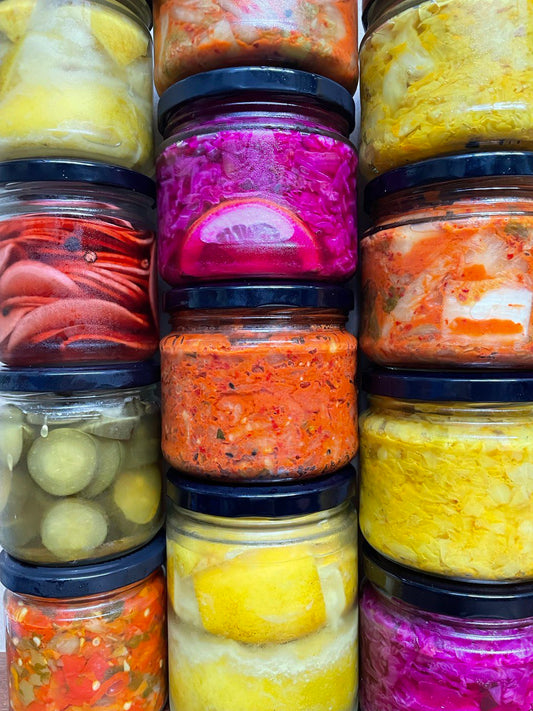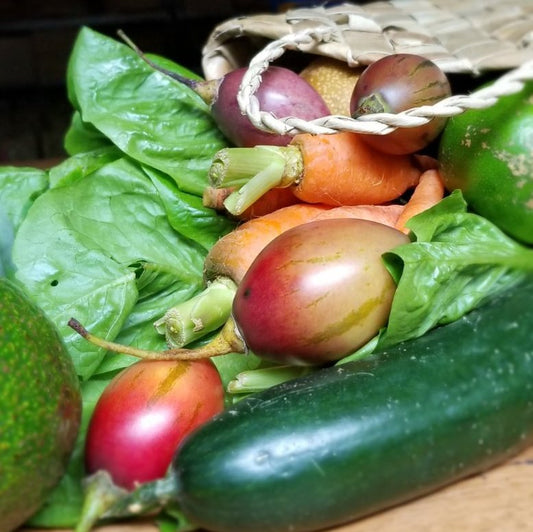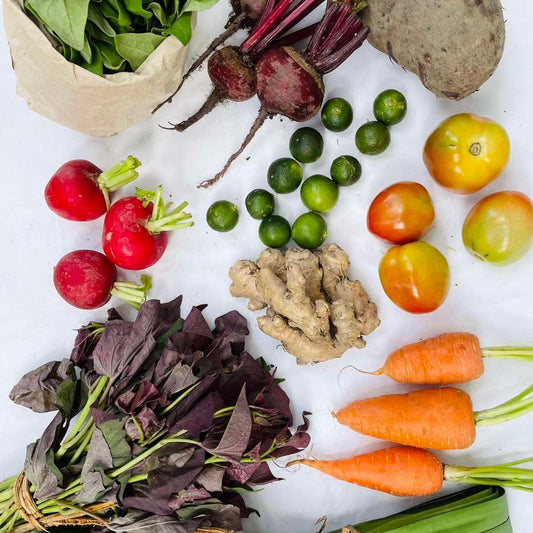People’s participation is integral in creating a sustainable food system—one that is safe, healthy, just, and inclusive.
Unfortunately, sustainability in food and agriculture has made invisible the contributions of small farmers and ordinary citizens in meeting their communities’ food needs and the bigger conversation on sustainability. In its current form, sustainable food and agriculture is dominated by giant conglomerates and global supply chains that advance profit-centric remedies protecting their interests and technology solutions over-emphasizing efficiencies rather than resilience and appropriateness—despite evidence that its small farmers that feed the world.
With this in mind, farmers, consumers, food sovereignty advocates and activists, urban poor leaders, artists, NGOs, and CSOs gathered once again in Quezon City to celebrate the third year of Food, Farming, Freedom, and reassert the importance of centering people’s rights in food production and consumption and defending our ability to define and control how our communities want to grow, eat, and share food.
The two-day event started with an overview of the history of agrarian reform in the Philippines, where Dr. Eduardo Tadem of the UP CIDS Program on Alternative Development explained how there is no sustainability in Philippine agriculture without genuine agrarian reform. “It is imperative for governments to preserve and support family farms as the bedrock of agricultural production and the main food basket of modern societies. Agrarian reform via the redistribution of lands to the rural landless poor and promoting their social and political empowerment, is the most effective way of supporting and advancing family farms and bringing about social justice in the Philippine countryside.”
The most effective way of supporting and advancing family farms and bringing about social justice in the Philippine countryside.
Good Food Community’s Mabi David and Rural Women Advocates’ Angeli Lacson shared the principles and grassroots examples of People-Powered Sustainable Consumption and Production (PPSCP), specifically:
-
People's rights are protected and advanced in the whole production and consumption chain
-
Self-sufficiency from the community to the national level is promoted through people's sovereignty
-
Social innovations and community actions are encouraged and supported
-
Accountability of corporations and governments is demanded and ensured
PPSCP challenges the dominant sustainability framework that focuses too much on resource efficiency while disregarding social inequalities. Artist Carissa Pobre of Food Today, Food Tomorrow showed how brands that are dubbed sustainability leaders in the country are also actually at the center of many labor and human rights violations, and created space for re-encountering PPSCP praxis by different communities that are threatened by development aggression.
A significant portion of the two-day event was a workshop on policy analysis, development, and advocacy by ImagineLaw, a public interest law group working for people’s health and welfare. Led by Atty. Sophia San Luis, ImagineLaw guided participants through a better understanding of how people can participate in shaping food and agriculture policies that serve the needs of their communities.
This is necessary because agricultural development policies continue to overemphasize industrial agriculture, global corporate supply chains, and the financialization of food despite the environmental degradation, public health impacts, and social inequities that have proven inherent in these systems of agriculture. Along with this is the dominance of “evidence" or development indicators that further entrench and reinforce these models, and often facilitate the policy capture by corporate food systems.
While sustainability is nothing new, it has been gaining momentum as our world faces numerous crises. Calls for “a new normal” have sounded louder than ever in the face of growing existential threats such as the climate emergency, global pandemics, and worsening inequality. There needs to be a complete shift in paradigm and course of action—from one that entrenches minority elite interests and pursues super profits to one that is people led, and centers the rights of citizens and people’s sovereignty in the whole production and consumption system.
Good Food Community founder Charlene Tan shares, “We see policy advocacy as an opportunity for farmers and eaters to come together and build power.”
We see policy advocacy as an opportunity for farmers and eaters to come together and build power.
The event is in partnership with IBON International, UP CIDS Program on Alternative Development, and ImagineLaw.



